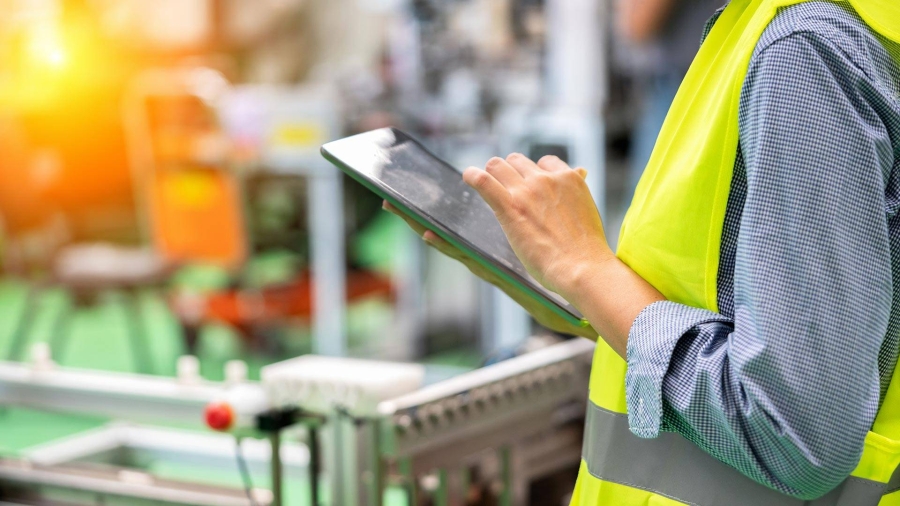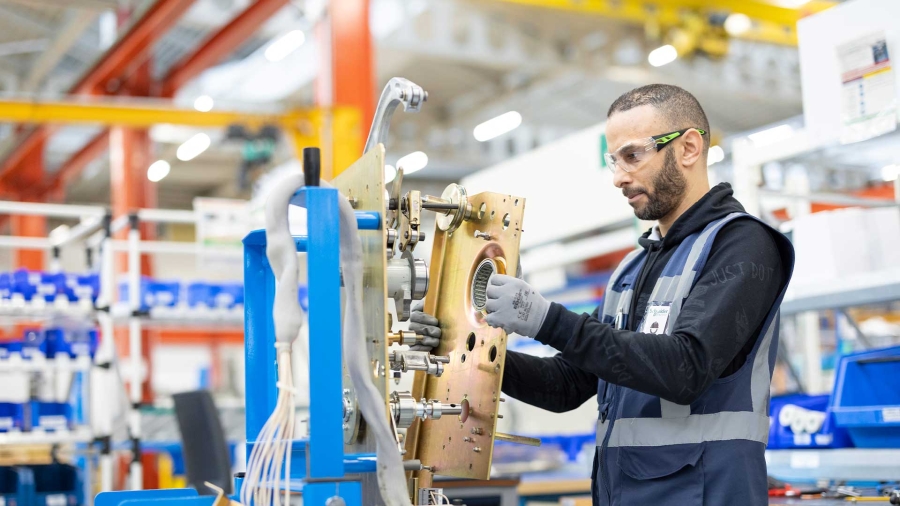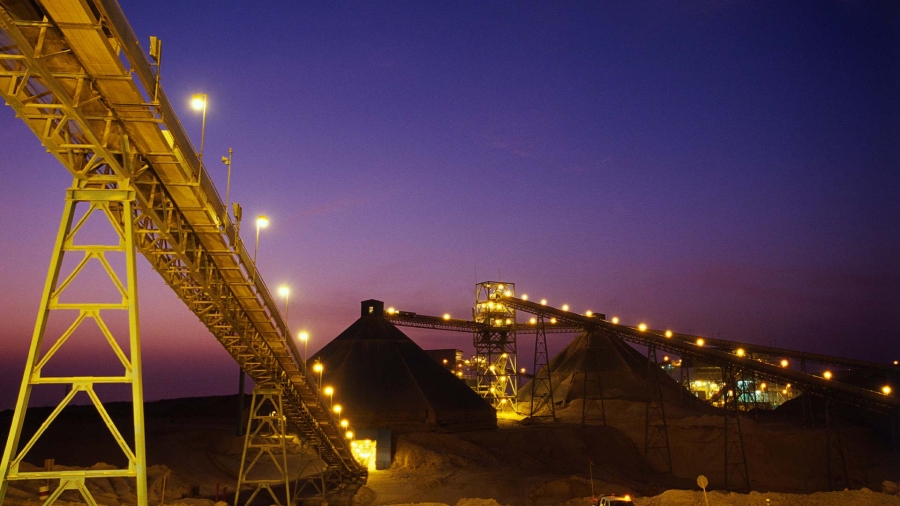By Barbara Frei, Executive Vice President, Industrial Automation, Schneider Electric
The speed of technological change has rapidly gathered pace, transforming manufacturing beyond recognition. We’re now in the midst of the fourth industrial revolution – or “Industry 4.0” – and today’s factory production lines bristle with automated control systems, software, computer panels, and robots.
It’s important to acknowledge the worries that industrial automation and concepts like Artificial Intelligence (AI) and the Internet of Things (IoT) can present for workers who’re untrained in these areas, and for poorer economies that lack the resources needed to upskill their labor force.
But equally, it’s important to understand the full – and ever-widening – range of benefits that industrial automation brings. As the COVID-19 pandemic has upended supply chains and manufacturing, it’s worth taking stock of why automation is something to be welcomed, not feared.
Here are three reasons why automation is something to be embraced. Click here to read more.
This piece was first published on the World Economic Forum's Agenda blog on January 17, 2022.














